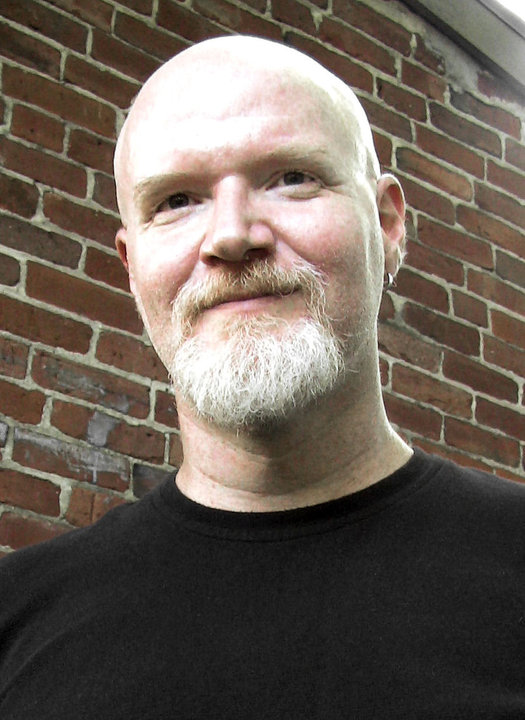Somewhere on the TV dial between the Arabic version of "Deal or No Deal" and the Al Zawraa Iraqi insurgent channel, the seeds of a paradigm shift lurk. Television in the Middle East is in the midst of a transformation.
Thriving Arab satellite networks are breaking down walls between countries and cultures and allowing divergent values to compete in the most public of arenas. And a new wave of private broadcasters is discovering an audience for Western-style decadence.
In many ways, it's a capitalist dream come true -- television as free market movement, commoditizing ideas and transforming cultural values into cold, hard cash. But as any television fan will tell you, it's the surprise twist at the end that brings you to the water cooler.
And this is a story with a classic twist. The most powerful force leading Arab television in a march toward Western-style values is Syria -- one of the Bush Administration's most hated foes.
* * *
Americans might be surprised at how closely television in the Middle East already resembles what's playing in Peoria.
"The American myth about the Arab world and media is that Arabs go to bed at night hating America, they get up in the morning hating Israel, and they watch al-Jazeera in between," says James Zogby, the president of the Arab American Institute, in Washington, D.C.
Zogby hosts a talk show on Abu Dhabi TV, one of a new breed of satellite channels with a regional reach. "It's just like here, a very mixed bag of programming," he says.
The Middle East and North African market encompasses several distinct cultures and political styles, and includes sharp differences in religion and morality. But most countries share the Arabic language, and the rise of satellite TV has created a truly regional market for the first time.
Although some shows are received differently from country to country, many hits stretch across the area. Game shows are consistent performers, no matter where one lives. Despite fatwas condemning it as gambling, the Arabic version of "Who Wants to Be A Millionaire?" is a smash hit for the Saudi-run Middle East Broadcasting Centre (MBC), a satellite channel broadcasting from Dubai. "Deal or No Deal," produced by the Lebanese Broadcasting Corporation, enjoys similar success.
But reality programs are what's really hot. "Star Academy," the Arabic version of "American Idol," draws big numbers for LBC, which produces many of the top hits in the reality-game space. "Al Wadi" (The Farm) is another LBC hit.
Click here to see a clip of Star Academy
Based on a European reality show by the same name, "The Farm" is hosted by a sequin-studded Lebanese singer, Haifa Wehbe, a star of unlikely proportions (both cultural and anatomical).
It's basically "Survivor" on a farm, with celebrity contestants who are tested on their ability to perform random acts of agriculture such as baling hay and milking cows. Each show ends with a spectacular set piece and song by the outrageously dressed Wehbe, who would not look out of place at a Las Vegas revue.
Click here to see a clip of The Farm
After each episode, one contestant is eliminated by an unfettered popular vote via telephone -- a unaccustomed taste of democracy that has not gone unnoticed. A prominent Saudi cleric touched off an international stir by declaring reality TV a Western "weapon of mass destruction." Viewers have not been deterred.
(Note: You can view every article as one long page if you sign up as an Advocate Member, or higher).





